Minor Surgery at Bryanstown Medical
Minor surgery is any surgical intervention that does not involve general anaesthetic or respiratory assistance, and normally happens at your GP.
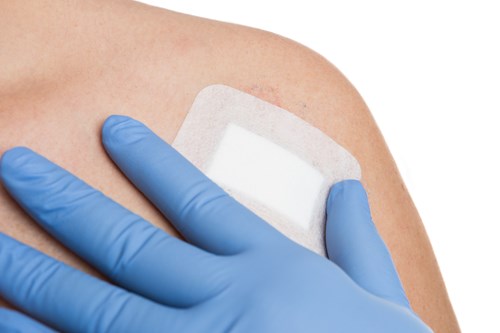
Minor surgery is any surgical intervention that does not involve general anaesthetic or respiratory assistance, and normally happens at your GP.
What is minor surgery?
Minor surgery is any surgical intervention that does not involve general anaesthesia or respiratory assistance during the procedure, including surgery for skin tags and cysts, warts, abscess incision and drainage, mole removal, growth biopsies, verrucas, and joint injections. Minor surgery is usually carried out in the GP surgery on an out-patient basis. Beforehand, the doctor will consult, confirm diagnosis, plan for the procedure, and gain informed consent.
Will minor surgery hurt?
The only part of minor surgery that may hurt is when the local anaesthetic is administered. The duration of a procedure depends on the condition, but usually ranges from 10 minutes to a half hour or more. Your doctor will inform you if more visits are required to treat the condition.
Care after minor surgery
After some minor surgery you may feel a little faint or uncomfortable and may need someone to take you home.
Should you have a wound, your doctor will tell you how to keep it clean and free of infection. You may also need to take painkillers to relieve discomfort, or antibiotics to prevent infection. You will be given a follow-up appointment and you may also need to have stitches removed.
For some procedures it is also normal to send off a tissue sample for histology. Your doctor will follow up with the results.
Practices that also provide Minor Surgery

Applewood Medical Centre
Applewood Village, Swords, Co. Dublin
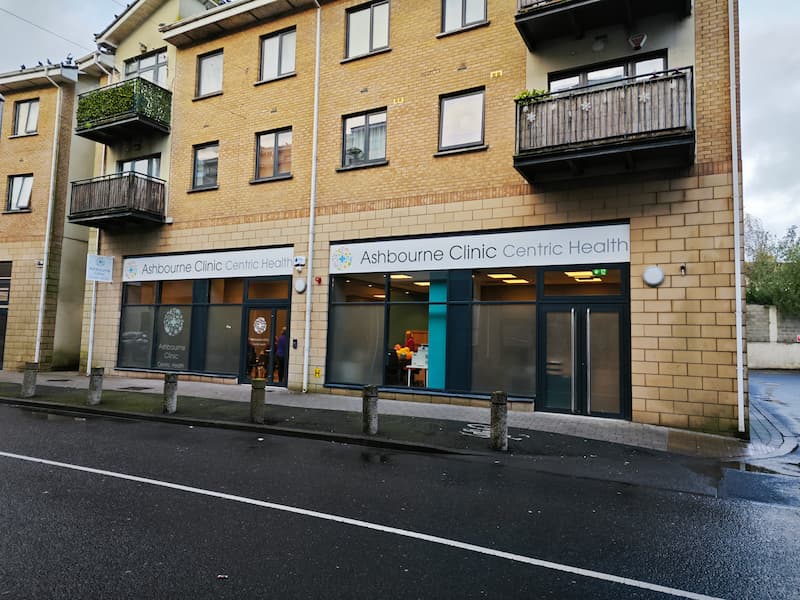
Ashbourne Clinic
62 Declan’s Street, Killegland Walk, Ashbourne, A84EP40

Ashford Clinic
Unit 1 Mount Usher Court , Ashford Co Wicklow

Athy Medical
Carlow Road , Athy, R14 X672 , Co Kildare

Ballyowen Medical
Ballyowen Lane, Lucan, Co Dublin
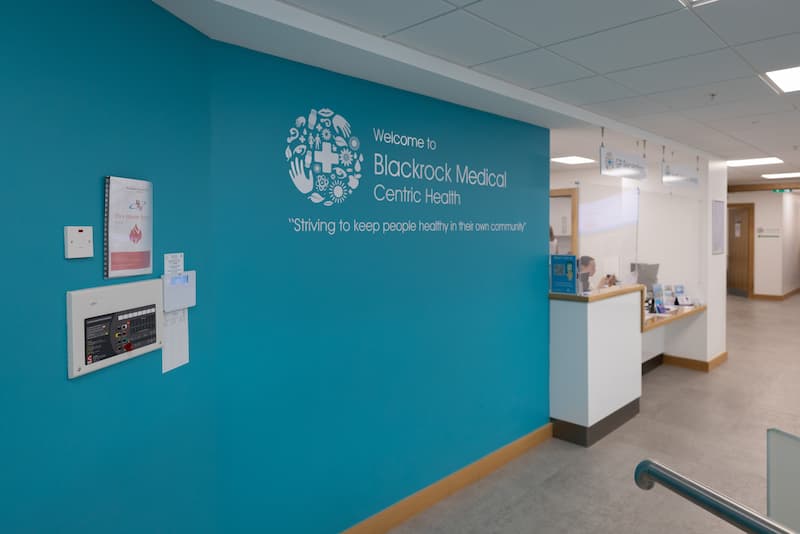
Blackrock Medical
Frascati Centre, Blackrock, Co Dublin, A94 H6V9

Blessington Medical
McGreals Primary Care Centre, Blessington Business Park, Blessington, Co. Wicklow

Bryanstown Medical
Dublin Road, Martello Village, Drogheda, Co Louth

Carlow Medical
Shamrock Plaza, Green Lane, Carlow, Co Carlow

Castleknock Village Medical
The Square, Castleknock, D15 P3VX

Churchtown Medical
96 -98 Churchtown Road Upper, Churchtown, Co. Dublin, D14 EW68
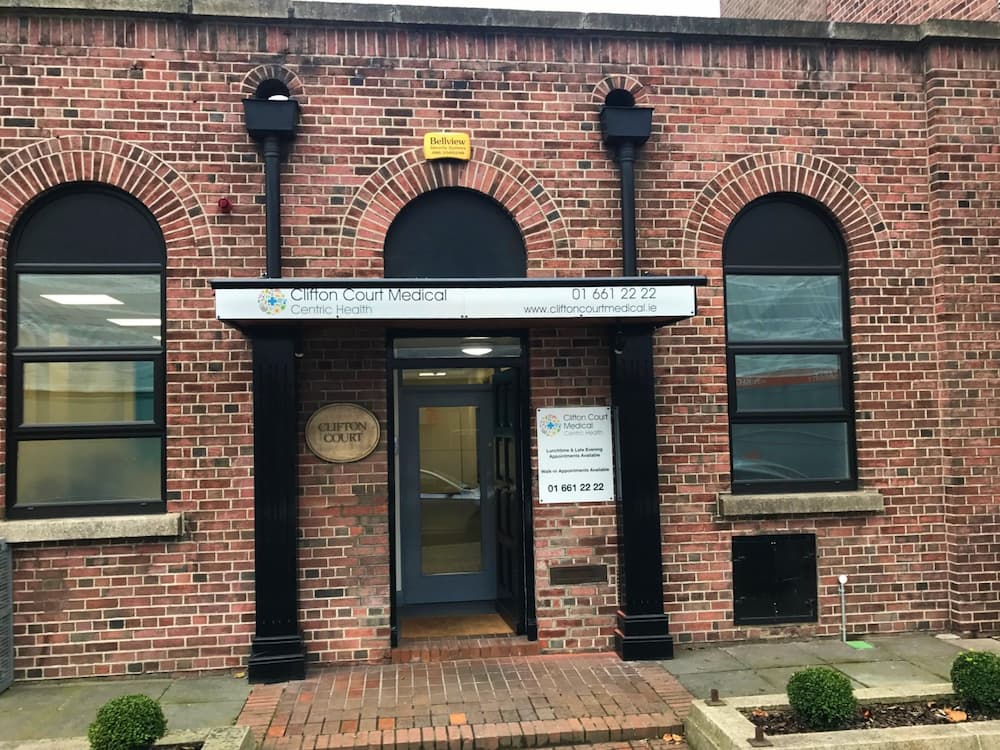
Clifton Court Medical
Clifton Court, Fitzwilliam Street Lower, Dublin 2, D02 V279

Corbally Medical
Corbally Medical , Corbally Rd, Limerick, V94 WFX9

Cottage Surgery
New Rd, Bailieborough, Co. Cavan, A82 D2XO

Doonmoon Medical
Doonmoon Medical Centre, St Nessan's Road, Dooradoyle, Limerick V94 FCD1
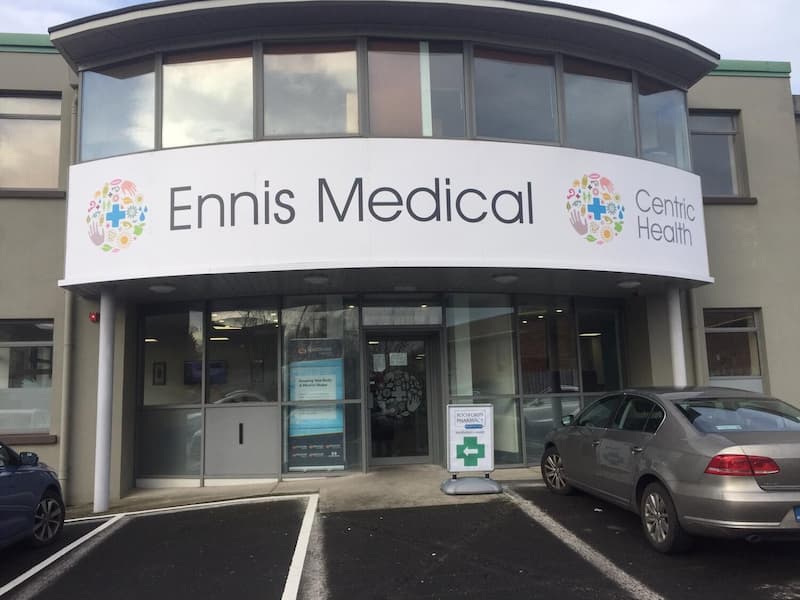
Ennis Medical
Francis Street, Ennis, Co Clare V95 KC3H,

Ennis Road Medical
Ennis Road, Limerick

Fairgate Medical
No.6 Lower Ground Floor, Boyne Shopping Centre, Drogheda. A92W990

Headfort Family Practice
Primary Care Centre, Navan Road , Kells, Co. Meath, A82 H3C7
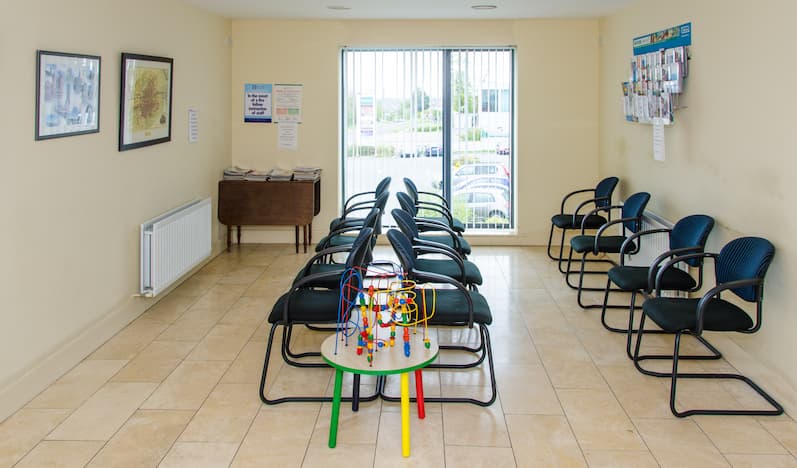
Hilltop Medical
Rathmullan Rd., Rathmullan, Drogheda, A92 KVP8, Co. Louth

Manor Mills Medical
Manor Mills Shopping Centre, Mill Street, Maynooth, Co Kildare W23 V5X5

Maretimo Medical
The Promenade, Upper Salthill Road, Salthill, Co Galway, H91 EW68

Meadow Springs Medical
41a Meadow Springs, Clareview, Limerick, V94 RPA8

Medina Medical
Mill Road, Fermoy, Co.Cork, P61 NN79
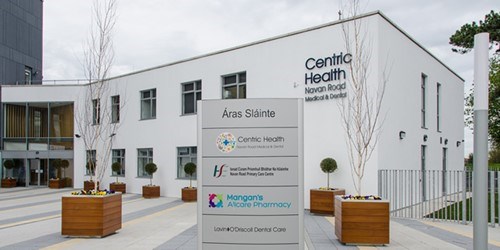
Navan Road Medical
Primary Care Centre, Navan Road, Dublin 7, D07 K229

Newbridge Family Practice
Orchard House, Moorefield Road, Newbridge, Co. Kildare, W12Y884,

Northgate Surgery
226 Pearse Park, Drogheda, Co Louth, A92 E088
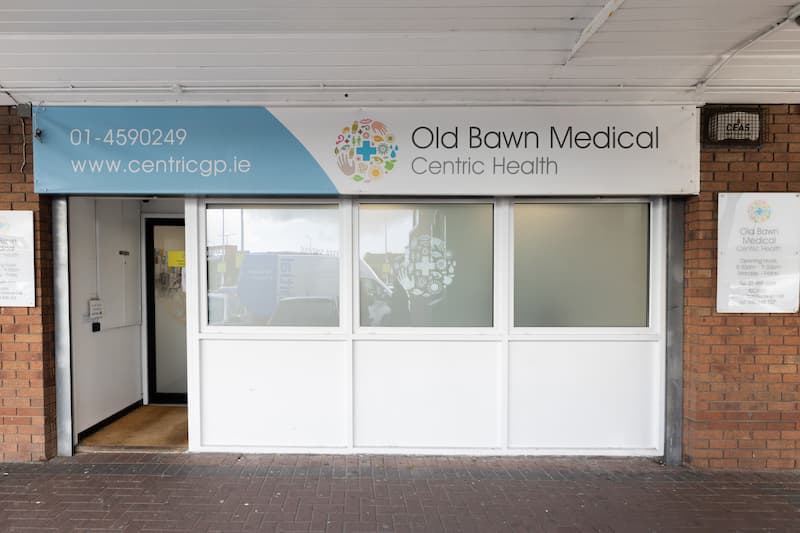
Old Bawn Medical
Unit 2-3 Old Bawn Shopping Centre, Tallaght, D24 HXW3,
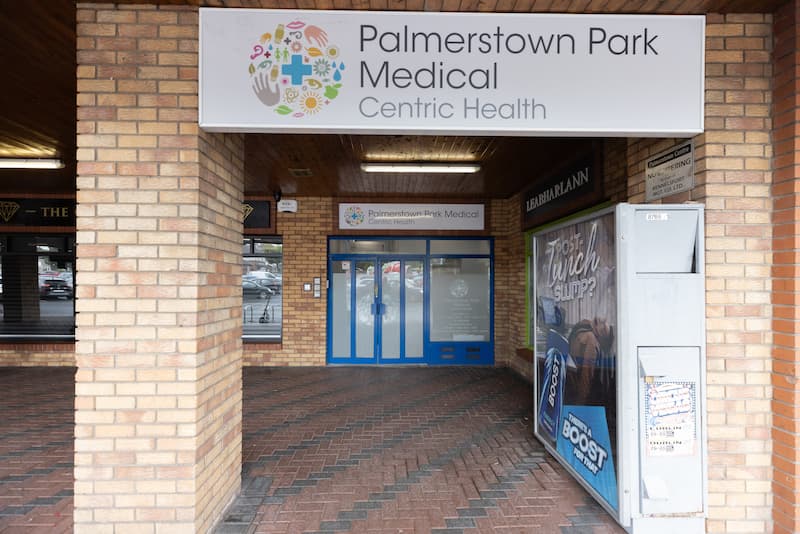
Palmerstown Park Medical
Palmerstown Park Medical, Unit 18 First floor Palmerstown Shopping Centre, Palmerstown Dublin 20, D20HP44

Raheny Medical
1st Floor, Hilltop Shopping Centre, Station Road, Raheny, Dublin 5, D05 F625
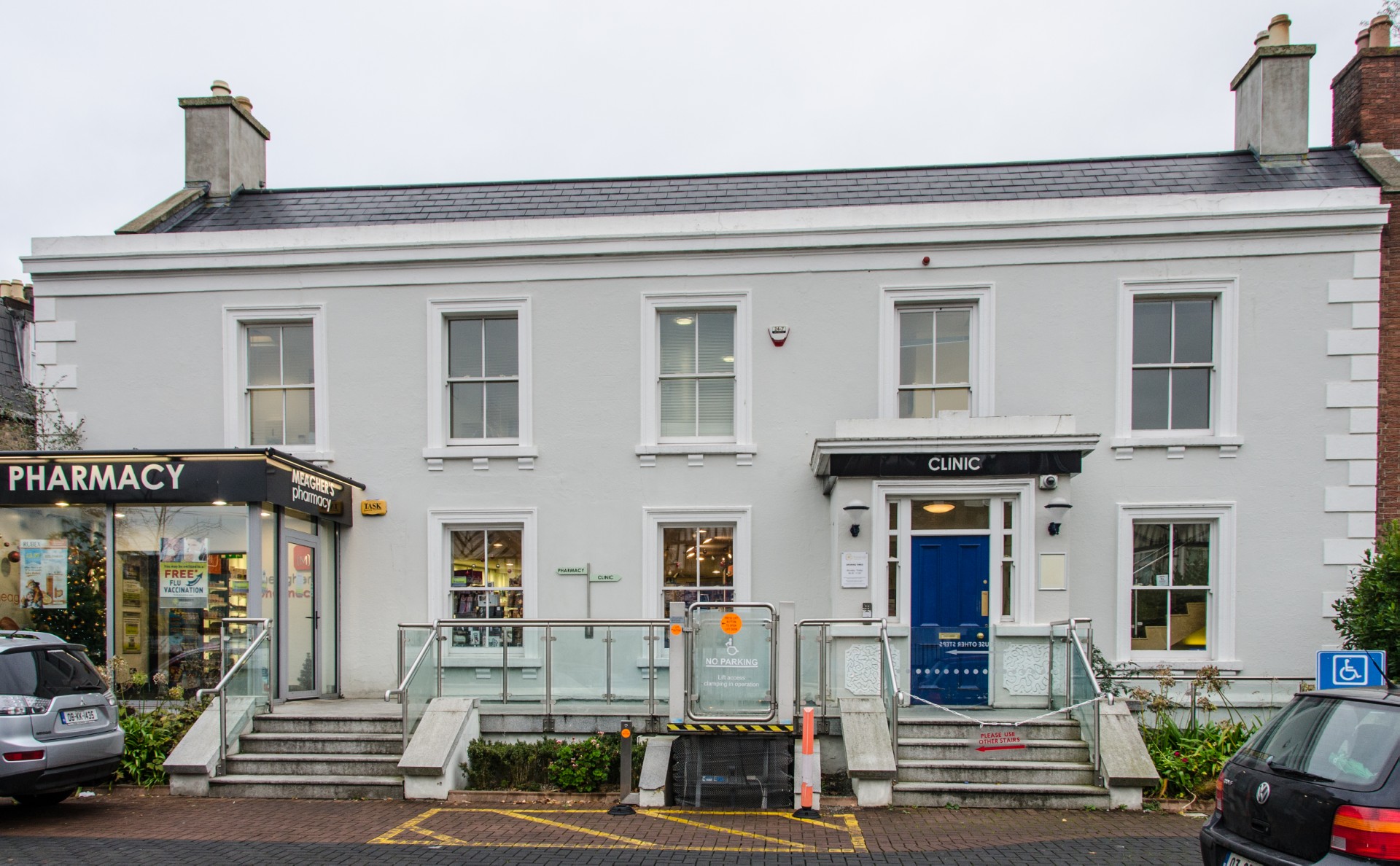
Ranelagh Medical
22-26 Sandford Rd, Ranelagh, Dublin 6, D06 KF84

Roshill Medical
Unit 11, Level 1, Briarhill Shopping Centre, Ballybrit, Galway H915W40

Salem Medical
Wicklow Primary Health Centre, Knockrobin, Co. Wicklow, A67 P762

Sandyford Medical
Unit C7, The Plaza, Beacon South Quarter, Sandyford, Dublin 18, D18 TY79
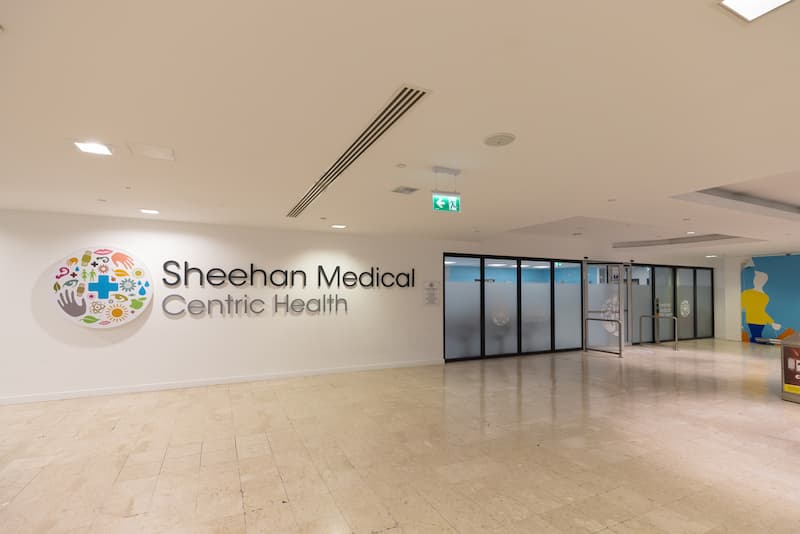
Sheehan Medical
Unit 301, 3rd Floor, Dun Laoghaire Shopping Centre, Marine Road, Dun Laoghaire, A96 DD74

Southern Cross Medical
Southern Cross Road, Bray, Co. Wicklow, A98 V4K7,

St James’s Gate Medical
114 - 116 James's street, Dublin 8, D08KXN8
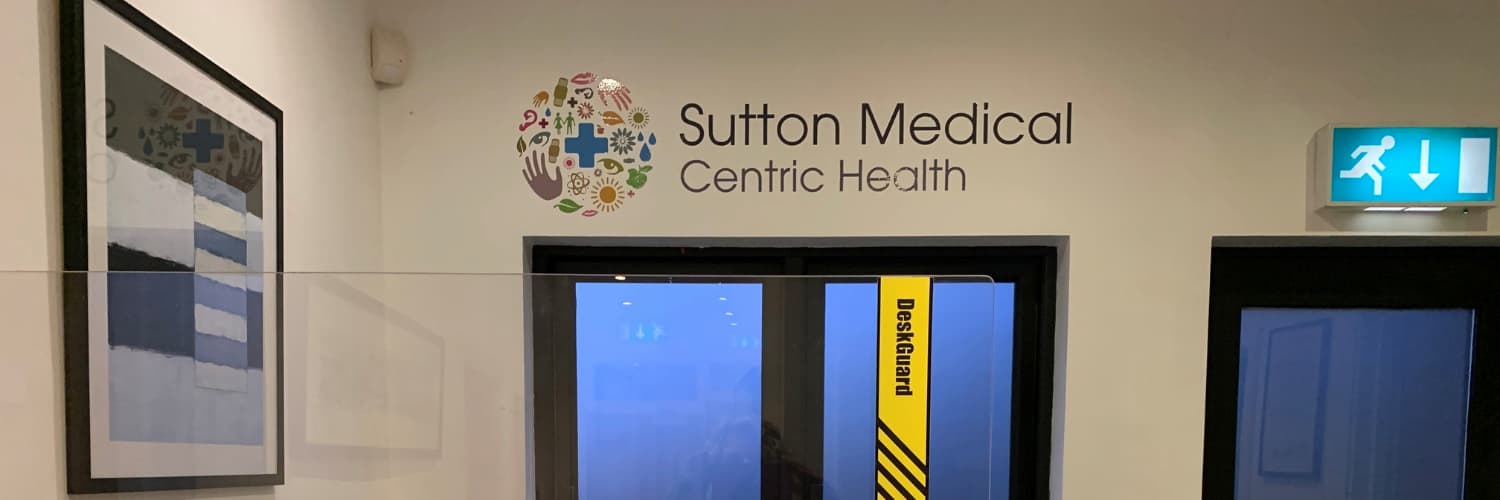
Sutton Medical
St. Margaret's, 1 Greenfield Road, , Sutton Dublin 13, D13 H9H6,
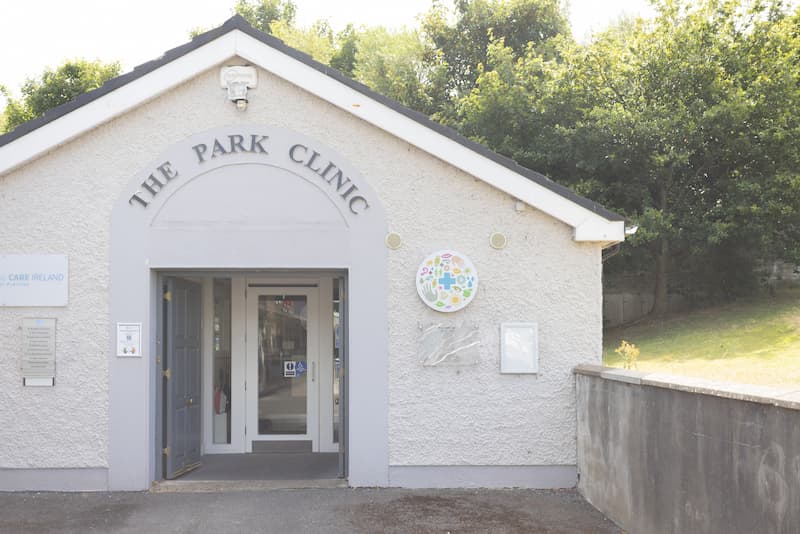
The Park Clinic
The Park, Cabinteely, Dublin 18, D18 C984

The Square Medical
1st Floor Elgee Building, Market Square, Dundalk, Co. Louth. A91 YR9X

Tobin Healthcare Centre
Spencer Street, Castlebar, Co Mayo, F23 WV78

Trim Medical
Trim Primary Care Centre, Longwood Road, Trim, C15 PHP1, Co. Meath

Tyrrelstown Medical
Unit 1 Block B , Tyrrelstown Plaza, Dublin 15, D15K667